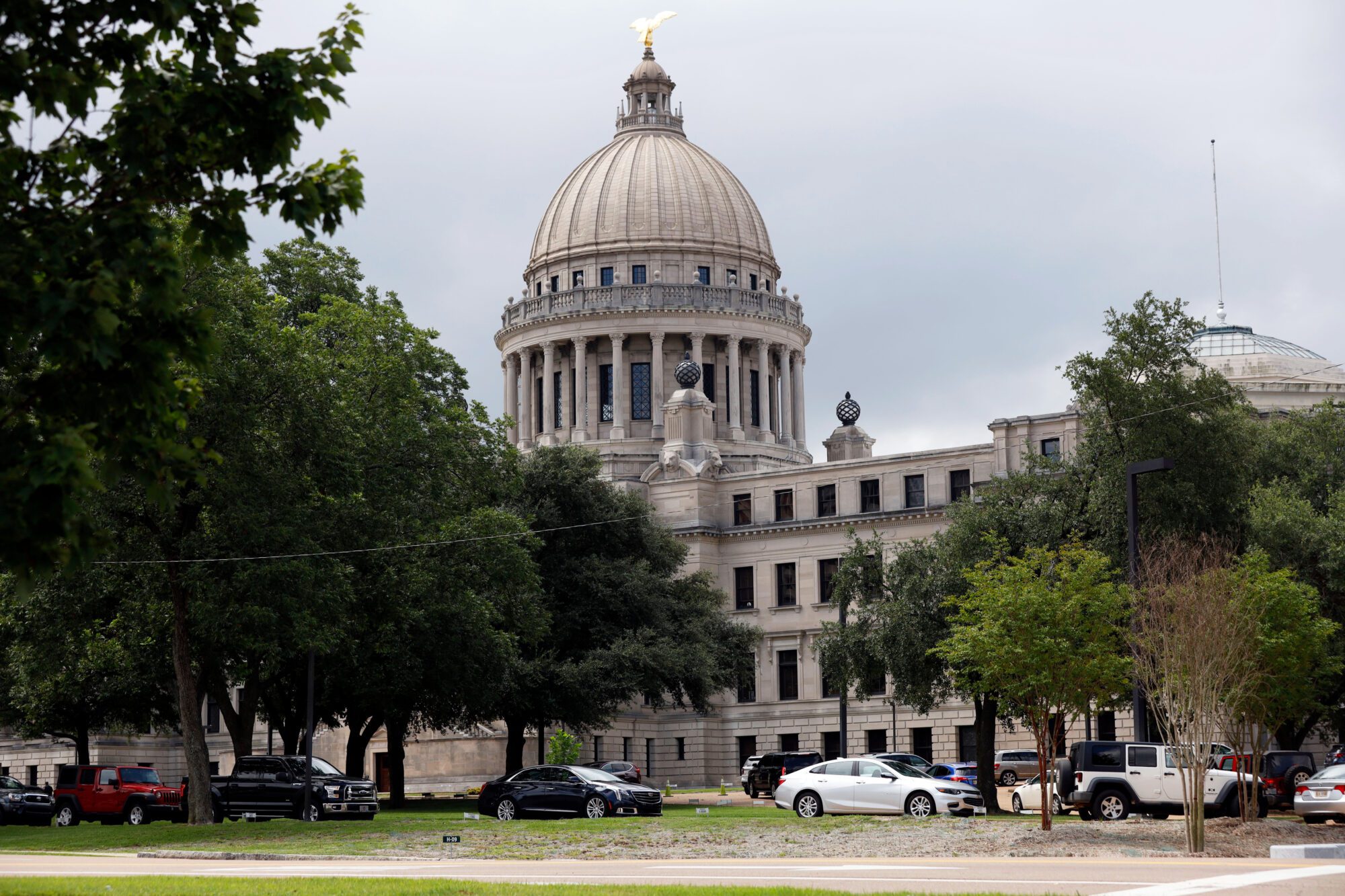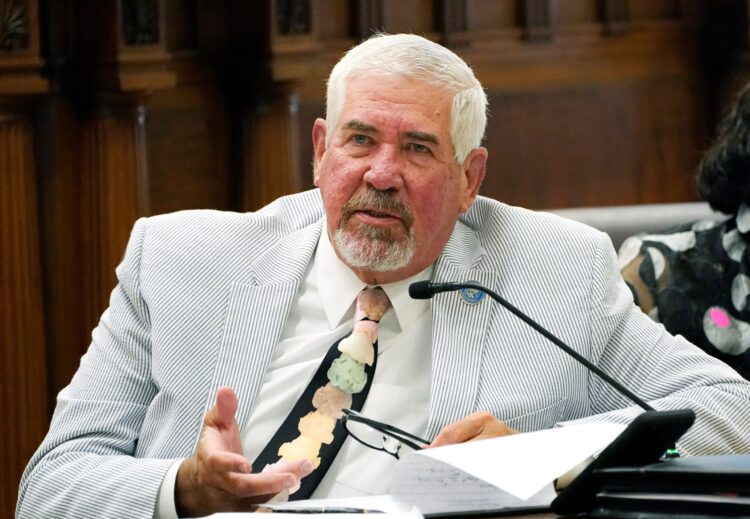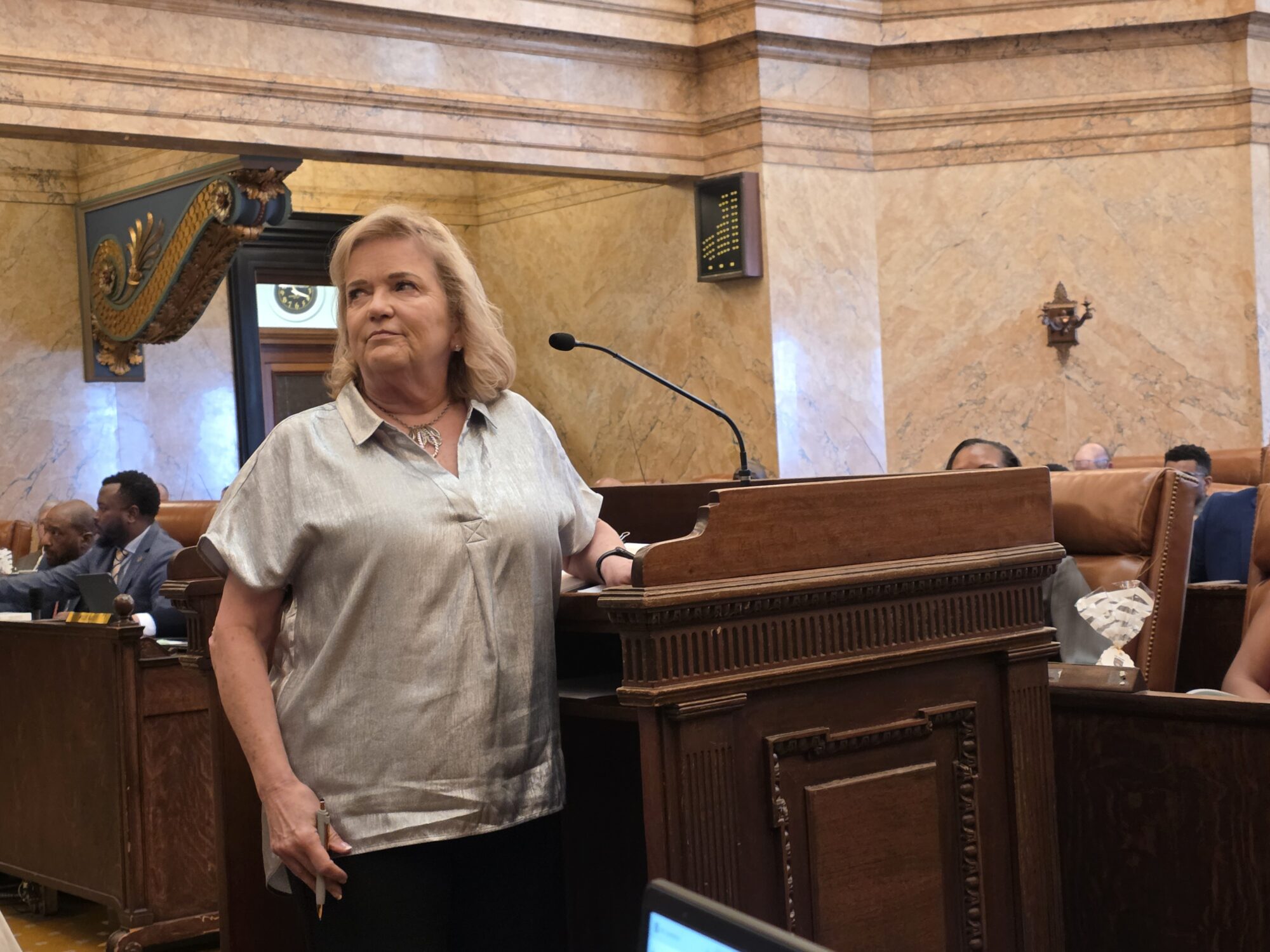
Proposals have been filed again this Congress to end the bi-annual practice after time ran out on the last attempt.
It’s time once again to Spring Forward.
Americans across the land, save in certain areas, will be setting their clocks one hour forward early Sunday morning, March 12, 2023, as Daylight Saving Time returns.
But will the bi-annual practice of changing the clock forward in the spring and back in the fall ever end?
Last year, a proposal to keep Daylight Saving Time and end the clock winding was put forward by Florida U.S. Senator Marco Rubio (R) and cosponsored by Mississippi U.S. Senator Cindy Hyde Smith (R), among others. It received unanimous consent from the Senate, something that is indeed rare in Washington D.C. these days.
Yet, the U.S. House did not take up the legislation, as members could not agree on leaving the time as Daylight Saving or Standard. Time ultimately ran out on the proposal and the legislation was left to die in the last Congress.
For such a measure to see the light of day now, a new bill must be taken up in the 118th Congress for consideration in both the House and Senate.
Senator Rubio has once again filed a bill – S. 582 – this Congress in hopes of trying to win approval this term, especially with the House now under fellow Republican control. A similar bill – H.R. 1474 – has been filed in the House by Congressman Mike Rogers (R) from Alabama.
Many Americans – nearly 80%, depending on what poll you read – hope time is on their side and the practice of springing forward and falling back meet a timely demise.
Did you know?
Hawaii as well as much of Arizona do not observe Daylight Saving Time. The American territories also do not make the bi-annual change.
According to the National Conference of State Legislatures, 19 states – including Mississippi in 2021 – have enacted legislation or passed resolutions to provide for year-round Daylight Saving Time, if Congress were to allow such a change, and in some cases, if surrounding states enact the same legislation. Those other states are:
- Colorado (2022)
- Alabama, Georgia, Minnesota, and Montana (2021)
- Idaho, Louisiana, Ohio (resolution), South Carolina, Utah and Wyoming (2020)
- Delaware, Maine, Oregon, Tennessee and Washington (2019)
- Florida (2018; California voters also authorized such a change that year, but legislative action is pending).
The NCSL says some states have commissioned studies on the topic including Massachusetts (2017) and Maine (2021).











